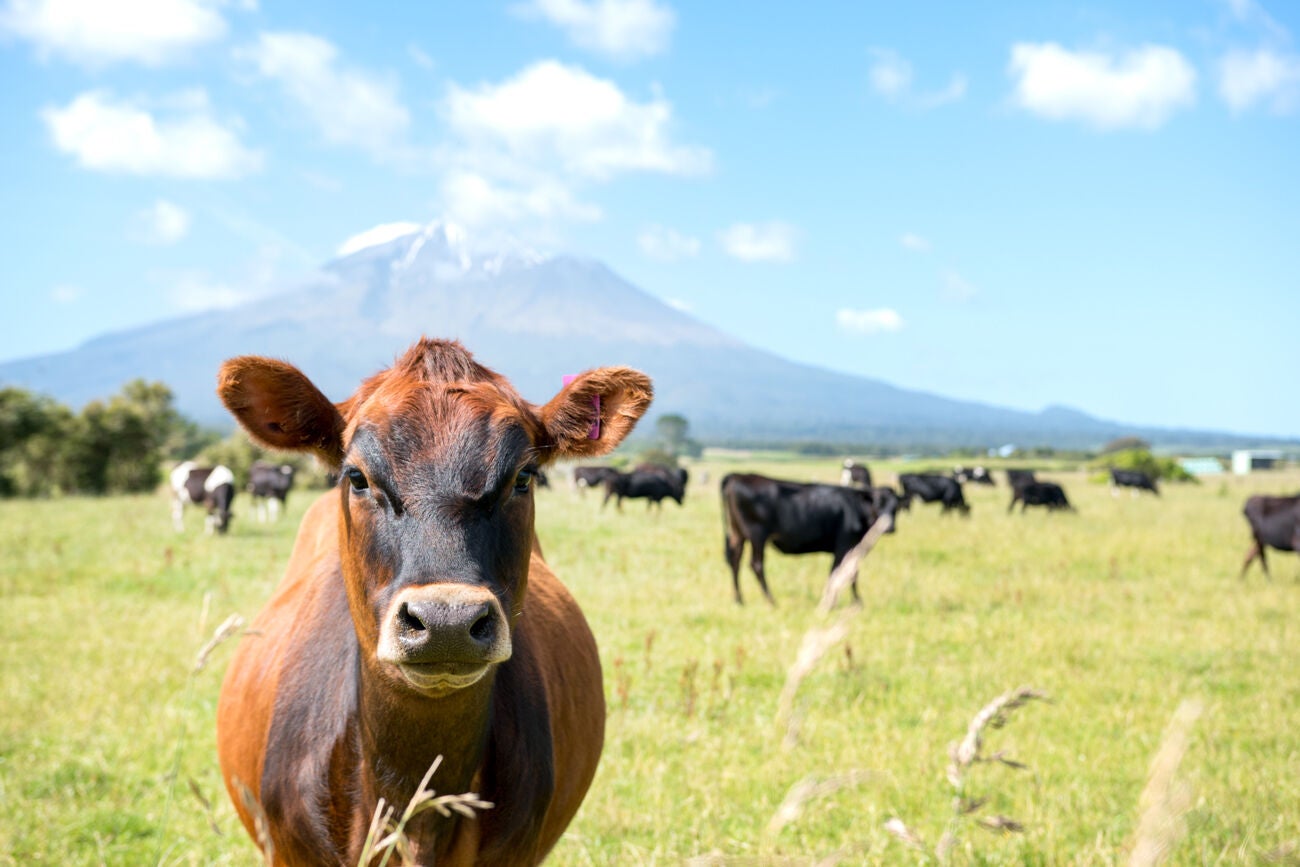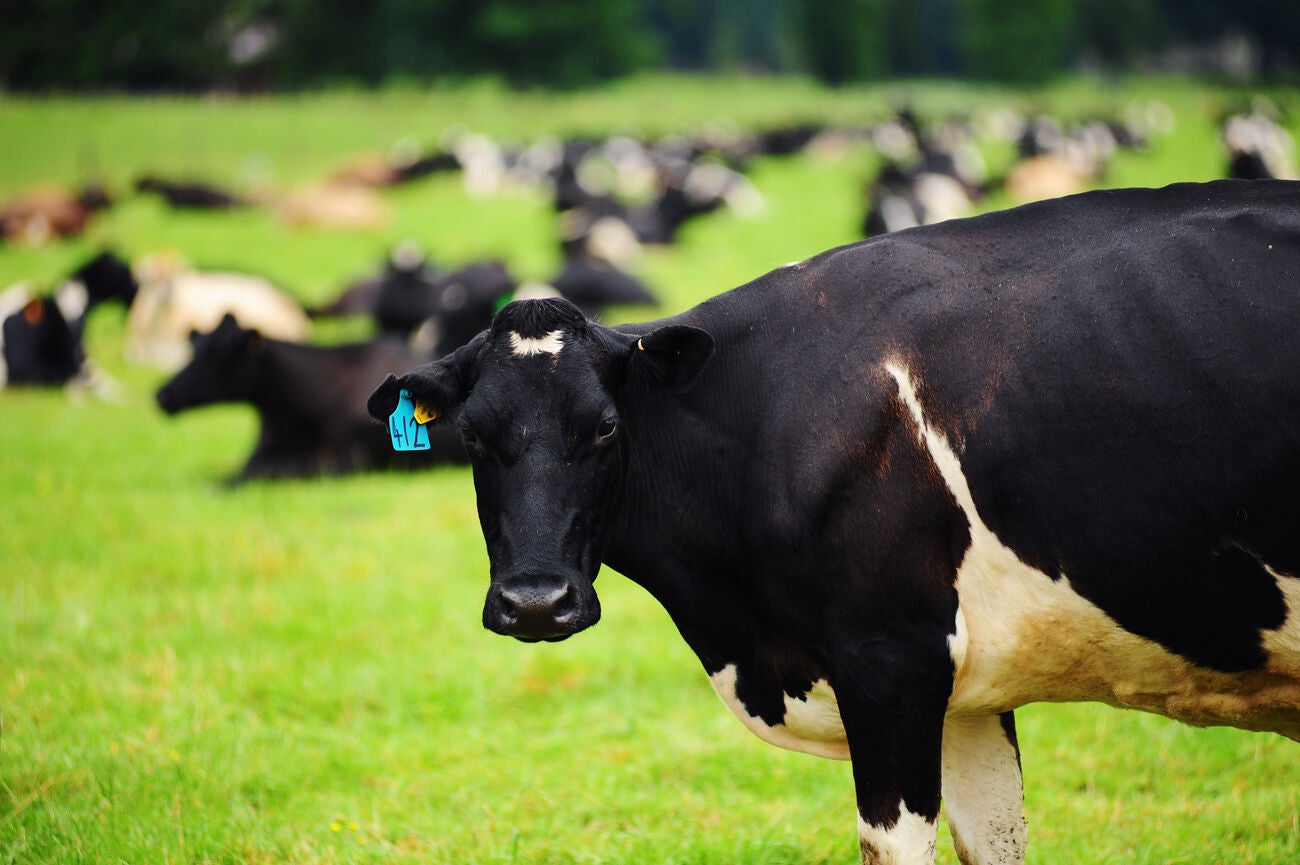Rural Insight -
Lightening the load on China

Of that amount, by far the majority has fallen to the primary sector’s food and beverage exporters, with dairy, red meat, kiwifruit, and forestry among the big-ticket export items.
At its most extreme, forestry has almost half its volume going to China now, largely as unprocessed raw logs, but meat and dairy follow closely, accounting for 40% and 45% respectively, and kiwifruit about 20%.
The lure of China, with its FTA, has been a strong and understandable one for New Zealand.
It has also done much to insulate New Zealand from some of the most severe economic shocks of the past 15 years, and in recent years China’s consumption of primary produce has had a significantly positive impact on the returns to New Zealand farmers and growers.
The trade relationship has arguably attributed much to maintaining strong values and balance sheets in our primary sector.
Dairy and kiwifruit are two whose land values have continued to remain firm or enjoy strong gains, thanks to the export successes and efforts of Zespri and Fonterra in China.
Bayleys National Director Rural Nick Hawken says the buoyancy of the primary sector has been reflected in a rural property market where firm or lifting land values have been increasingly underpinned by true cash returns.
“On a returns basis, thanks in part to that trade relationship, many New Zealand farm businesses have more recently likely been achieving close to double digit cash returns, something hard to find if you go back a few years,” he says.
A strong level of dependency has evolved between the two countries, and this has exporters considering whether such a reliance is strategically wise.
In a case of Back to the Future, New Zealand exporters have been in this position before.
Going back to the early 70s when the United Kingdom joined the (then) European Economic Community, overnight the quantity of exports to the United Kingdom of dairy and meat plummeted from over 80% to less than 30%, and today only makes up 2.5% of trade from New Zealand.
More recently, you only have to look across the Tasman to observe the fallout for the Australian wine, barley, beef, and cotton growers, all hit with bans or tariffs due to a change in Chinese foreign policy.
The latest news from the sheep meat sector however reveals that despite our dependency, New Zealand is showing an ability to recognise and reduce.
Despite overall exports of lamb being 10% lower this year, sales to key European countries, the United Kingdom and United States are all up. Germany, France, UK, and Netherlands are collectively importing almost as much New Zealand lamb as China, compared to taking 55,000t less than China last year.
Meantime, Infometrics has identified a market worth over $2.5 billion in European countries for New Zealand dairy products, a market that will gradually open up as recently signed free trade agreements come into play.
Nick Hawken says the New Zealand primary sector has clearly benefited from the trade deal signed 15 years ago enjoying a growth rate of 5% a year in export revenue growth. However, it’s the work that has been done behind the orchard and farm gates over the last few years that has armed our exporters with the ability to reduce their reliance in future and target other markets.
It will also be FTAs with the EU and UK that will provide exporters with a key to diversify their market access, and broadening product types across all other 14 free trade agreements this country enjoys.
“The wealth much of the primary sector enjoys today has been founded on the success of that original agreement. While China will always be a key part, we see even greater potential for other trade opportunities that are likely to diversify cashflow and ultimately underpin wealth creation for the next generation of farmers.”
He says that while returns have been a significant part of the attraction to rural land for investors in recent years, it’s the underlying supply chain fundamentals that provide stability and longevity that continues to attract investment. Ultimately, investors are also recognising that they are investing in the New Zealand food and fibre story of today and the future.

Read more...